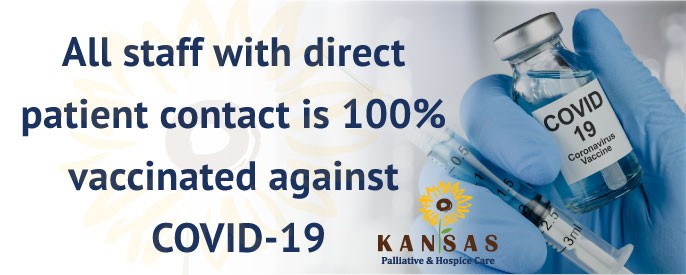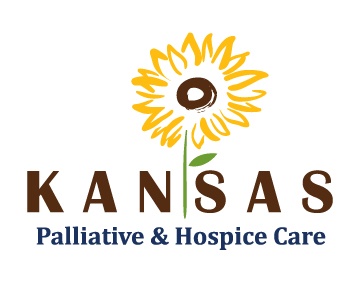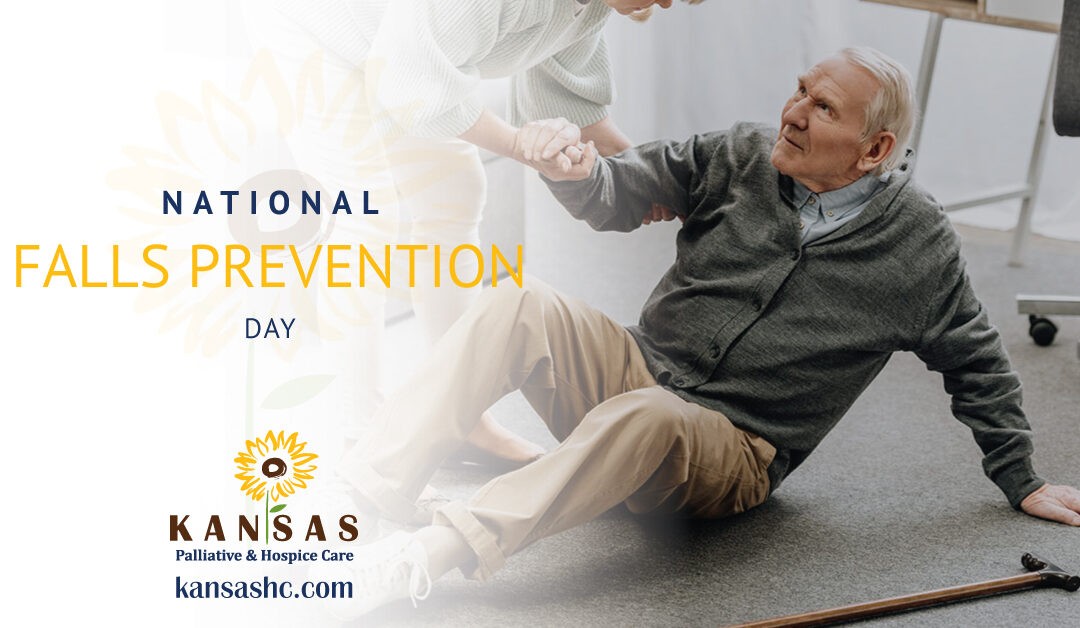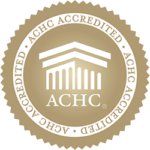Did you know that September 22 is Falls Prevention Awareness Day? About 36 million older adults fall every year—resulting in more than 32,000 deaths. On this Falls Prevention Awareness Day, we wanted to share some tips for older adults to prevent slips and falls, including:
- Speak Up — Start an open dialogue with your doctor or health care provider about fall risks and prevention. When you start this honest conversation, you will feel more comfortable alerting them as soon as you fall or become afraid that you may fall.
- Have your eyes checked annually.
- Have your feet checked annually and discuss proper footwear with your doctor.
- Stay active — Try some exercises that will keep your legs flexible and strong.
- Make your home safe — Get rid of all tripping hazards, and make sure your floors are kept clutter-free, add grab bars in the bathroom, and handrails and lights to all staircases.
- Use assistive devices— Assistive devices can help with mobility and support for daily activities. There are many options available, including adaptive mobility equipment, and daily living aids, from vision aids to canes and walkers — all of these greatly reduce the risk of falls, especially when traveling to a new environment.
Risk Factors for Falls
In the senior population, the following are considered risk factors for falls:
- Medications: Some medications side effects cause dizziness, poor coordination, loss of balance, and sleepiness which can greatly increase the risk of falling.
- Vision problems: Glaucoma, cataracts, and macular degeneration are common conditions in seniors that can impact vision and lead to falls.
- Muscle weakness and low core strength: The core is what gives our bodies support and keeps us upright. When the muscles become weak, it becomes harder to maintain limb control and support our weight. Light exercises can help slow down the progress of muscle deterioration.
How Hospice and Palliative Care Can Help
A hospice or palliative care team will help protect you (or your loved one) from falls. They will review your medications to ensure they don’t induce dizziness, and if they do, they might speak with the health care provider to change them, or be sure to monitor you when you take them. Aging healthfully and staying active with the help of a health care team will ensure you stay strong and keep you on your feet for many years to come. Contact us today to learn more about how we can help.



